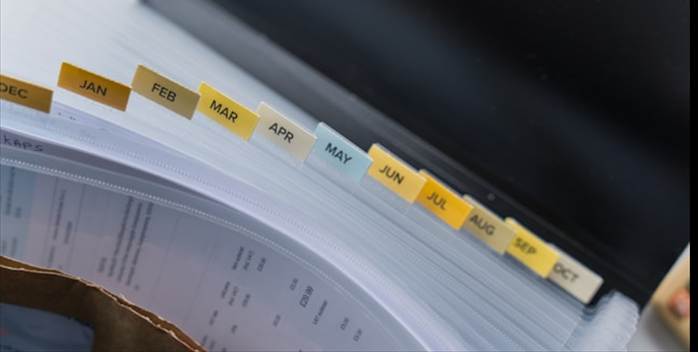
Tax season is challenging enough without the added confusion of receiving a tax document that doesn’t align with your records. Whether you’re a freelancer, small business owner, or employee, getting a mismatched income report can be stressful. You might come across a Form 1099-NEC, 1099-K, W-2, or even a Form 1099 DA that inflates your income, shows duplicate payments, or lists earnings you never actually received.
This article will explain what causes mismatched income reports, why they occur, and the important steps you should take to resolve discrepancies and protect yourself from unnecessary tax liabilities or IRS audits.
A mismatched income report occurs when the amount listed on an income reporting form does not align with what you actually earned or reported. These forms are submitted to both you and the IRS, so any discrepancies can raise red flags and trigger automatic IRS notices or audits.
Common mismatches include:
These errors can result from simple mistakes or systemic problems, including:
Clerical errors: Data entry mistakes, rounding errors, or copying wrong numbers.
Software issues: Some accounting programs may generate duplicate forms if not used correctly.
Vendor or employer confusion: Sometimes, companies aren’t clear on who qualifies as a contractor versus an employee.
Incorrect TIN or SSN: If a taxpayer identification number is mistyped, income might be linked to the wrong person.
Third-party processor mistakes: Platforms like PayPal or Stripe may report your earnings via 1099-K even if you've already been reported on a 1099-NEC.
Before you make any calls or file a complaint, take a deep breath and follow these steps:
Locate your invoices, payment receipts, bank statements, contracts, and any prior correspondence. Create a spreadsheet or list that shows exactly what you received, from whom, and when.
Double-check your name and Social Security Number (or EIN).
Look at the amount listed and compare it with your records.
Confirm the payer’s information and determine whether you actually worked for or received payments from them.
Sometimes the issue isn’t the amount, but the payer reporting under an unexpected business name or address.
If you received more than one 1099-NEC for the same job or the amount is too high:
This often happens to freelancers or small businesses who get paid through a platform like PayPal, Venmo, or Stripe. The client may issue a 1099-NEC, but the platform also reports the payment on a 1099-K.

In rare cases, you might receive a 1099 or W-2 for income you never actually received.
This could be due to an error or identity theft.
Notify the payer immediately to resolve the issue and request a corrected form. If identity theft is suspected, contact the IRS Identity Protection Specialized Unit (IPSU) and consider filing Form 14039 (Identity Theft Affidavit).
If you worked as an employee but received a 1099 instead of a W-2, this is a worker misclassification issue.
When you can’t resolve the issue before the tax deadline, you may still need to file. Here's how:
Always report the income you truly received—even if it’s different from what was reported to the IRS.
Attach a statement of explanation (in PDF or paper form) to your return that includes:
E-filing can be tricky when your documents don’t match the IRS system. In such cases, filing by mail gives you room to explain discrepancies.
Mismatched income forms can derail your tax season, but there are ways to prevent or catch errors early:
If the issue isn’t resolved quickly or if you’re unsure how to handle it, it’s wise to consult a professional. They can help you file your return correctly, draft IRS explanations, and represent you if a dispute arises.
Receiving a mismatched income report is frustrating - but it doesn’t have to derail your tax season. By staying organized, communicating promptly, and documenting your actions, you can protect yourself from paying more than you owe and reduce your chances of an IRS audit.
Always remember: the IRS expects taxpayers to act in good faith. If you report what you earned honestly and make a clear effort to resolve discrepancies, you’re far more likely to emerge from tax season unscathed.